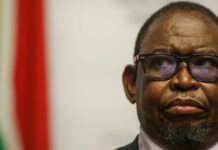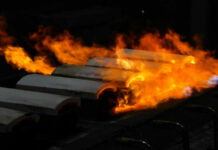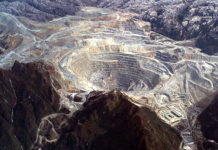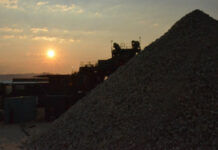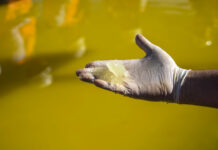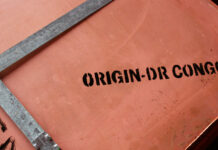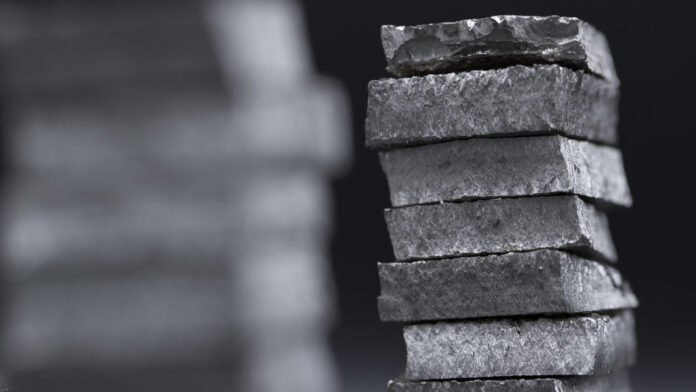
THE Democratic Republic of Congo will lift its cobalt export ban from October 16 and impose annual quotas to manage global supply of the critical battery material, said Reuters in an article on Monday.
Miners will be permitted to ship up to 18,125 tons of cobalt for the remainder of 2025, with annual caps of 96,600 tons for both 2026 and 2027, said the newswire citing a statement on Sunday by the Congo’s Authority for the Regulation and Control of Strategic Mineral Substances’ Markets.
Congo, which produced approximately 70% of global cobalt output last year, suspended exports in February after prices plummeted to nine-year lows. The ban was extended in June, prompting force majeure declarations from major producers including Glencore and China’s CMOC Group.
The new quota system aims to reduce inventories and support prices amid escalating conflict in eastern Congo, where the government says illegal mineral exploitation fuels violence by M23 rebels, said Reuters.
Congo’s largely unregulated artisanal mining sector accounts for a significant share of cobalt production, complicating traceability and compliance for global buyers.
The quota system, backed by Glencore but opposed by CMOC, will allocate volumes based on historical exports of the electric battery material essential for the energy transition, the newswire said.
Congo’s regulator said 10% of future volumes will be reserved for strategic national projects, with quotas subject to revision based on market conditions or progress in local refining capabilities.
The regulator retains authority to buy back cobalt stocks exceeding quarterly authorised quotas per company, according to the statement.
The quota system represents Congo’s attempt to exert greater control over global cobalt markets while managing domestic security concerns.


